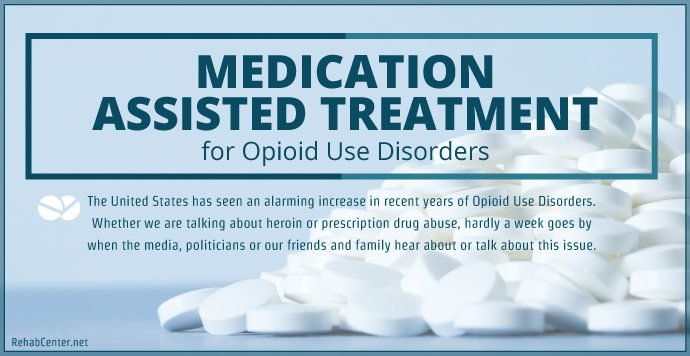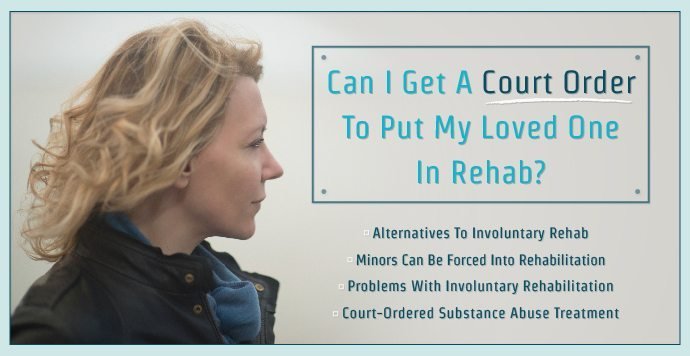This request can be provided with the assurance that if anything comes up that the therapist feels the moms and dad has the right or need to understand, the therapist will work with the client to choose how to inform the parent. If the parent or guardian concurs, and after that adult leaves the session, the therapist reviews privacy again with the minor customer to be sure the client comprehends, to see how the client responds without the moms and dad present, and to address any questions the customer might have.
The therapist informs the client that therapy ideally involves the 2 of them working together to come up with objectives that are significant to the customer and appear feasible to both participants. Also, as goals are developed, they will identify and choose convenient techniques for obtaining the therapy objectives. In the process of choosing and approaching the client's goals, the customer can anticipate the therapist's nonjudgmental attention and support for a given time period regularly.
The therapist further demands that the client share ideas and sensations about Check out the post right here the course of therapy as it progresses, interacting the client's right to anticipate the therapist's responsiveness to the client's feedback. why isnt addiction treatment funded. This explicit factor to consider of what the client can anticipate from treatment is specifically useful with those substance users who get in treatment with some resentment at the possibility of being told what they should do (what is treatment for porn addiction).
Impending threat to self or others, and threat of major medical or psychosocial consequences of continuing substance usage or stopping too quickly all demand the therapist's intervention and possible recommendations. Addressing risk factors takes very first top priority whether the threats are direct repercussions of the client's compound usage (Washton and Zweben, 2006).
The therapist indicates what is anticipated of customers as well as what customers can expect in therapy. For a basic example, therapists usually inform clients of time limits for therapy sessions to begin and end. As quickly as compound usage concerns emerge as a focus in treatment, clear expectations should be interacted about reporting substance use.
The Best Guide To How Could The Family Genogram Be Applied To The Treatment Of A Family With Addiction Issues
The therapist likewise lets clients know they can anticipate a nonjudgmental action to customers' truthful reports of what they are doing, using, believing, and feeling. The abstaining expectation. With respect to the very first expectation of coming to session "tidy and sober," therapists need to be specific according to their individual stances on this problem, taking the customer's response to this expectation into consideration.
Others expect a minimum of twenty-four hours devoid of compound usage prior to a session to avoid the possibility that the customer will be experiencing a hangover or acute withdrawal throughout a session. Still other therapists firmly insist that the client completely bypass recreational compound use throughout the course of therapy. In some settings, clients are asked Click for more info or needed to agree not to utilize any mind or state of mind modifying compounds as a condition of treatment.
Adequate psychoeducation does not imply merely notifying the customer of expectations, but likewise involves providing a reasoning and being responsive to the customer's reactions. The therapist describes that coming "sober" to sessions is expected for a couple of factors. Initially, the customer is less likely to be able to successfully utilize and keep in mind the time in session if the client is under the influence of drugs or alcohol.
Third, the customer's travel to and from the session is risky if the customer has actually been using substances that day. The inspiration of clients who willingly accept this condition is normally strengthened by such rationale. For clients hesitant of the need to comply or doing not have confidence in ability to comply, the therapist's specified reasoning offers a springboard for further conversation.

Clients might try to persuade the therapist that being "high" is in fact a typical frame of mind for them and therefore is not a barrier to their working. Or clients may state they will try but can not guarantee, or may agree while nonverbally interacting that they do not take the requirement seriously.
The How To Improve Addiction Treatment PDFs

If the client stays unwilling to dedicate to staying away from compound use on the day session, the therapist has the option of raising the subject of possible referral to more extensive treatment. The therapist typically distinguishes between expectation of client effort and insistence on result. In other words, the therapist interacts the expectations that the customer will make a good faith effort to abstain from substance use prior to therapy sessions and demands that the client cancel the session if the customer has been using drugs or drinking that day.
It is typically helpful, particularly with customers who ask directly, to notify them early in treatment that if the customer is not able to make or keep the commitment, it indicates something crucial is occurring that demands instant attention and conversation in the session. For the therapist, this is a main reason for stating the abstaining expectation at the start of therapy, so that there is a shared context for checking out the customer's real success or problem with compliance throughout therapy.
A more fruitful method with customers who do not completely comply with the abstinence expectation is to preserve interaction as long (within agreed timeframes and restorative https://stephenluzf902.tumblr.com/post/630031818581803008/h1-style-clearboth-id-content-section-0-8 boundaries) as the client is willing and able to talk appropriately about what is disrupting compliance and how abstinence the day of the session can be reasonably imposed in the future.
If the customer reveals up for session for the very first time under the influence, the therapist definitely does not disregard this, however rather initiates candid discussion of what the therapist observes and what the client wants to state about it. The therapist describes that while this incident provides the therapist a much better understanding of what the client is like under the impact, the therapist adamantly asks that the client recommit to going to all future sessions sober, repeating the reasoning.
As long as the client is capable of sensible interaction with the therapist, conference with the client who reveals up under the impact of drugs or alcohol likewise offers time for the customer to "sober up" or "boil down" from the compound. If the customer is unable to engage properly in the session, the therapist may choose to end early, and may use to follow up with a phone call in a day or more to see how the customer is doing and to confirm the customer's objectives to attend future sessions sober.
Top Guidelines Of Where To Medically Assisted Treatment For Opiod Addiction
If the customer drove and if there is any doubt about the customer's capability to drive securely, the therapist asks that a 3rd party be contacted to drive the client home. To the degree that the therapist has actually utilized psychoeducation to inform and talk about these prospective outcomes with the client ahead of time, the treatments, if necessary, are less likely to generate resistance from the customer who learns about them.